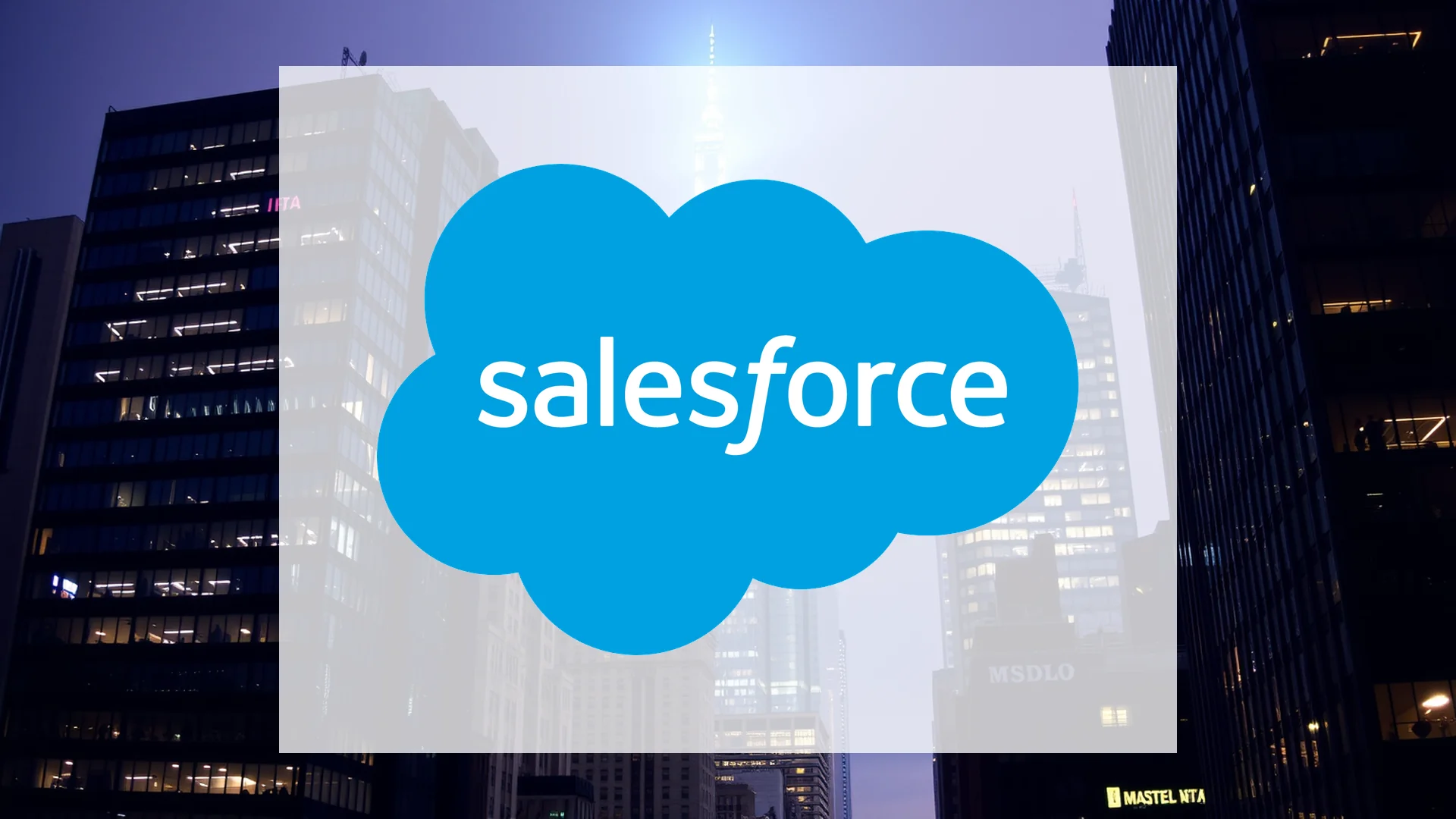Salesforce has unveiled an ambitious long-term vision that surpasses even the most optimistic projections, announcing a staggering $60 billion revenue goal for 2030 during its recent Dreamforce conference. This strategic pivot centers on an aggressive artificial intelligence implementation designed to propel the cloud software giant beyond its current growth challenges.
Investor Enthusiasm Meets Market Realities
The market response to Salesforce’s announcement was immediately positive, with shares climbing as much as 4% in after-hours trading. This upward movement stands in stark contrast to the stock’s performance throughout 2025, which has seen the equity decline by nearly 29% year-to-date. The newly revealed targets appear strategically timed to address growing investor impatience regarding returns from the company’s substantial AI investments.
The “50 by FY30” Profitability Framework
Central to Salesforce’s growth narrative is what executives have termed the “Profitable Growth Framework,” formally designated as “50 by FY30.” This metric represents a combination of the company’s growth rate and operating margin, with the objective of reaching a collective sum of at least 50 by the fiscal year 2030.
Key financial projections supporting this framework include:
– Sustained organic growth exceeding 10% annually between 2026 and 2030
– Revenue forecast of $41.3 billion for 2026
– Strategic acquisitions, including the potential Informatica deal, to enhance data integration capabilities
Should investors sell immediately? Or is it worth buying Salesforce?
Artificial Intelligence as Strategic Imperative
Salesforce’s massive revenue target hinges on the successful deployment of artificial intelligence across its product ecosystem. Company leadership envisions AI features not merely as incremental improvements but as catalysts for fundamental transformation of its entire software suite.
This intensified focus on AI comes amid mounting competitive pressures from industry rivals including Microsoft, Oracle, and ServiceNow, all of whom are making significant investments in generative artificial intelligence. Simultaneously, Salesforce faces concerns that enterprise clients might redirect budgets from established software platforms toward emerging AI-focused startups.
The success of Salesforce’s AI-driven strategy will ultimately determine whether the company can translate its visionary $60 billion ambition into tangible financial performance by the decade’s end.
Ad
Salesforce Stock: Buy or Sell?! New Salesforce Analysis from February 7 delivers the answer:
The latest Salesforce figures speak for themselves: Urgent action needed for Salesforce investors. Is it worth buying or should you sell? Find out what to do now in the current free analysis from February 7.
Salesforce: Buy or sell? Read more here...










